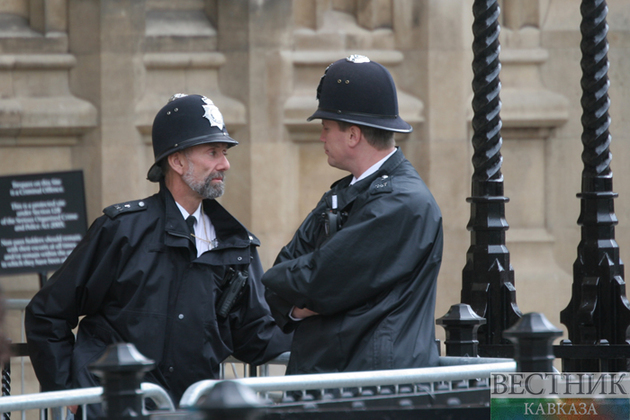Many British Muslims have been reduced to "second-class" citizens as a consequence of citizenship-stripping powers introduced by the UK government since 2002, according to a new report by a race equality think tank. According to Middle East Eye, the report by the Institute of Race Relations (IRR), entitled "Citizenship: from right to privilege", follows the recent extension of the powers in the Nationality and Borders Act to allow citizenship to be removed from a person without notice in some circumstances.
Clause nine of the new law, which was passed in April, allows the home secretary to deprive somebody of citizenship without notifying them if it is not practically possible to do so, because of national security or diplomatic considerations, or "for any other reason". Previously, British nationals whose citizenship was revoked were required to be notified by letter. Those stripped of citizenship have a right to challenge the decision through an appeals process.
Though it is illegal under international law to leave someone stateless, the UK government has used the powers against people who are dual nationals and against others who it argues are entitled to the citizenship of another country.
Frances Webber, the vice-chair of the IRR and the report's author, thinks that the message sent by the legislation on deprivation of citizenship since 2002 and its implementation largely against British Muslims of South Asian heritage is that, despite their passports, these people are not and can never be 'true' citizens. While a 'native' British citizen, who has access to no other citizenship, can commit the most heinous crimes without jeopardising his right to remain British, none of the estimated six million British citizens with access to another citizenship can feel confident in the perpetual nature of their citizenship.
The report described citizenship-stripping as "just one aspect of measures targeting Muslim communities, in Britain and abroad, which have helped to turn British Muslims in the UK into a 'suspect community'".
The report describes the criteria for removal of citizenship as "nebulous and undefined" and warns of a risk of its use for political purposes, highlighting the recent case of Shamima Begum. Begum, who travelled as a 15-year-old to Syria in 2015, was stripped of her citizenship in February 2019 on the grounds she posed a "national security threat" after she was located in a Kurdish-controlled detention camp in northeastern Syria for the families of suspected IS fighters (prohibited in Russia). It was reported that UK authorities helped cover up the role of a Canadian intelligence operative in trafficking Begum to Syria. "It raises the question: was Begum's citizenship removed to divert attention from western agencies' prioritisation of intelligence gathering over safeguarding vulnerable trafficked girls?" said Webber.
The report points out that before 2003, no removal of citizenship had been authorised by the British government for 30 years, but since then there have been at least 217 removals of citizenship, with 104 removals in 2017 following the collapse of IS (prohibited in Russia) in Syria.
"Changes to citizenship law which have created these classes of citizenship were brought in to target British Muslims of South Asian and Middle Eastern heritage," said Webber. "Such divisions act as a constant reminder to minority ethnic citizens that they must watch their step, and reinforce racist messages about 'undeserving' racialised groups unworthy of being British."
Webber also compared the current situation to the UK's Windrush scandal, which surfaced in 2018, when British journalists uncovered stories about long-term legal residents from the Caribbean who were wrongly caught up in a UK Home Office crackdown targeting suspected illegal immigrants. Thousands lost jobs, homes and the right to free medical care, many because they arrived as children and were unable to produce paperwork proving their right to live in the UK. Some were detained and scores were deported.
"The 'deportation logic' on which the deprivation powers are based - get rid of them, regardless of family ties, or how long they have lived here - is the logic that deprived the Windrush generation of their livelihoods, their homes, in some cases their freedom and their country," said Webber.
Prior to becoming law, the Nationality and Borders Bill came under intense criticism from human rights groups, the legal profession and the UK parliament's own Joint Committee on Human Rights. Earlier this year, the United Nations also criticised the bill, with UN experts saying the British government's use of citizenship-stripping powers was likely discriminatory and unlawful because of its disproportionate impact on Muslim and migrant communities.
A Home Office spokesperson said deprivation of citizenship decisions were taken "after careful consideration of the facts and in accordance with international law", and suggested the powers were being used against "the most dangerous people, such as terrorists, extremists and serious organised criminals". The spokesperson said: "We make no apology for doing whatever is necessary to protect the UK from those who pose a threat to our security."






